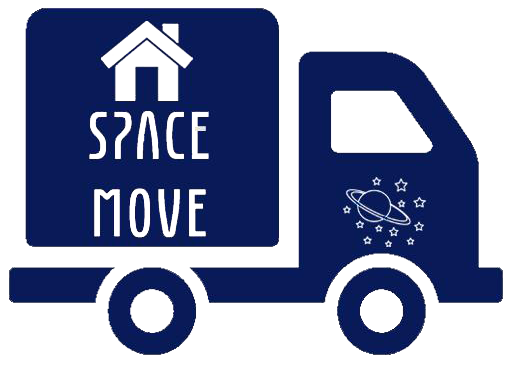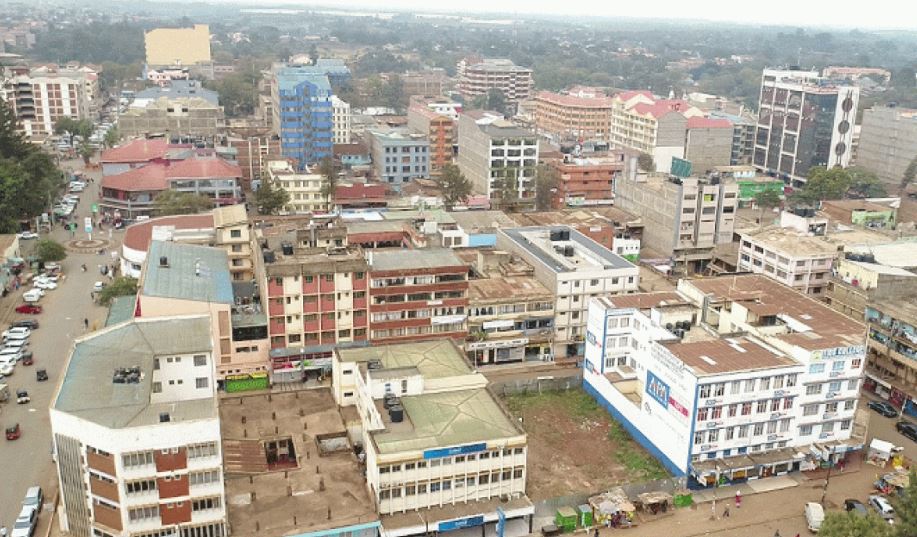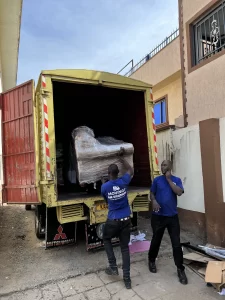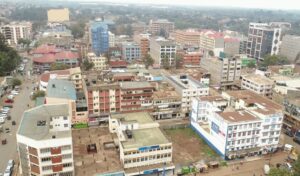Making the Move from Thika to Nairobi: A Step-by-Step Guide
- Plan Ahead: Start planning on moving from Thika to Nairobi at least a few months in advance. Create a checklist of tasks, such as packing, notifying relevant parties, and arranging transportation.
- Budgeting: Estimate the costs associated with the move, including moving services, transportation, and initial housing costs in Nairobi.
- Hire a Moving Company: Research and hire a reputable moving company. Obtain quotes from multiple providers and choose one that offers good service at a reasonable price.
- Sort and Pack: Declutter your belongings and decide what to take with you, what to donate, and what to sell. Pack your items systematically and label all boxes clearly.
- Notify Relevant Parties: Inform your current landlord, utility companies, and any other necessary parties about your move. Arrange for the transfer or cancellation of services as needed.
- Documentation: Ensure all important documents (identification, employment records, medical records, school records) are organized and easily accessible.
Commuting Options when Moving From Thika and Nairobi
Commuting from Thika to Nairobi is common, and there are several options available:
- Road: The Thika Superhighway connects Thika to Nairobi and is the primary route for commuters. It takes approximately 1 to 1.5 hours depending on traffic. Matatus (shared minibuses) and buses are available for public transportation.
- Private Vehicle: Driving your own car offers flexibility but can be stressful due to traffic congestion, especially during peak hours.
- Ride-Sharing Services: Services like Uber and Bolt are available for more convenient travel, though they can be more expensive than public transportation.
- Carpooling: Carpooling with colleagues or friends can reduce costs and make the commute more enjoyable.
Finding the Right Neighborhood in Nairobi
Nairobi offers a variety of neighborhoods, each with its own unique characteristics:
- Westlands: Known for its vibrant lifestyle, shopping centers, and restaurants. Ideal for young professionals and expatriates.
- Kilimani: Offers a mix of apartments and standalone houses, with good access to amenities and schools.
- Karen: Known for its spacious houses, greenery, and tranquility. Suitable for families and those seeking a suburban lifestyle.
- Lang’ata: Offers affordable housing with proximity to key facilities and the Nairobi National Park.
- Embakasi: Provides a range of housing options at more affordable prices, close to Jomo Kenyatta International Airport.
Research neighborhoods to find the best fit for your lifestyle and budget. Consider factors such as proximity to work, schools, and amenities.
Comparing Living Costs: Thika vs. Nairobi
Thika
- Housing: Generally more affordable.
- Utilities: Lower due to lesser demand.
- Food: Fresh and reasonably priced local produce.
- Transport: Cheaper with less traffic congestion.
Nairobi
- Housing: More expensive, especially in prime areas like Westlands, Kilimani, and Karen.
- Utilities: Higher costs due to higher demand.
- Food: Diverse options but can be pricey, especially in upscale neighborhoods.
- Transport: Higher costs and significant traffic congestion, which can increase commuting costs and time.
Overall, Nairobi tends to have a higher cost of living compared to Thika, so budget accordingly.
Adapting to Nairobi’s Urban Lifestyle
Nairobi’s urban lifestyle can be a significant change from the more relaxed pace of Thika:
- Time Management: Plan your schedule to account for longer commute times and busy workdays.
- Health and Wellness: Make time for regular exercise and stress-relief activities to maintain your well-being.
- Social Life: Take advantage of Nairobi’s vibrant social scene. Join clubs, attend events, and explore the city’s entertainment options.
- Stay Informed: Keep up with local news and events to stay informed about what’s happening in the city.
Schools and Family-Friendly Areas in Nairobi
Nairobi offers numerous education options and family-friendly areas:
- Schools:
- Public Schools: Provide basic education at a relatively low cost, but can be crowded.
- Private Schools: Offer various curricula, including the Kenyan system, British, American, and International Baccalaureate (IB). Examples include Braeburn, Brookhouse, and Nairobi International School.
- Universities and Colleges: Nairobi hosts top universities like the University of Nairobi, Strathmore University, and Kenyatta University.
- Specialized Institutions: Numerous technical and vocational training institutes cater to various professional fields.
- Family-Friendly Areas:
- Karen: Known for its spacious houses, greenery, and tranquility. Suitable for families seeking a suburban lifestyle.
- Runda: An affluent neighborhood with large homes and good security, ideal for families.
- Lang’ata: Offers affordable housing with proximity to key facilities and the Nairobi National Park.
- Lavington: Known for its serene environment, good schools, and family-friendly amenities.
By planning carefully, understanding commuting options, exploring neighborhoods, comparing living costs, adapting to the urban lifestyle, and exploring schools and family-friendly areas, your move from Thika to Nairobi can be a smooth and successful transition.




